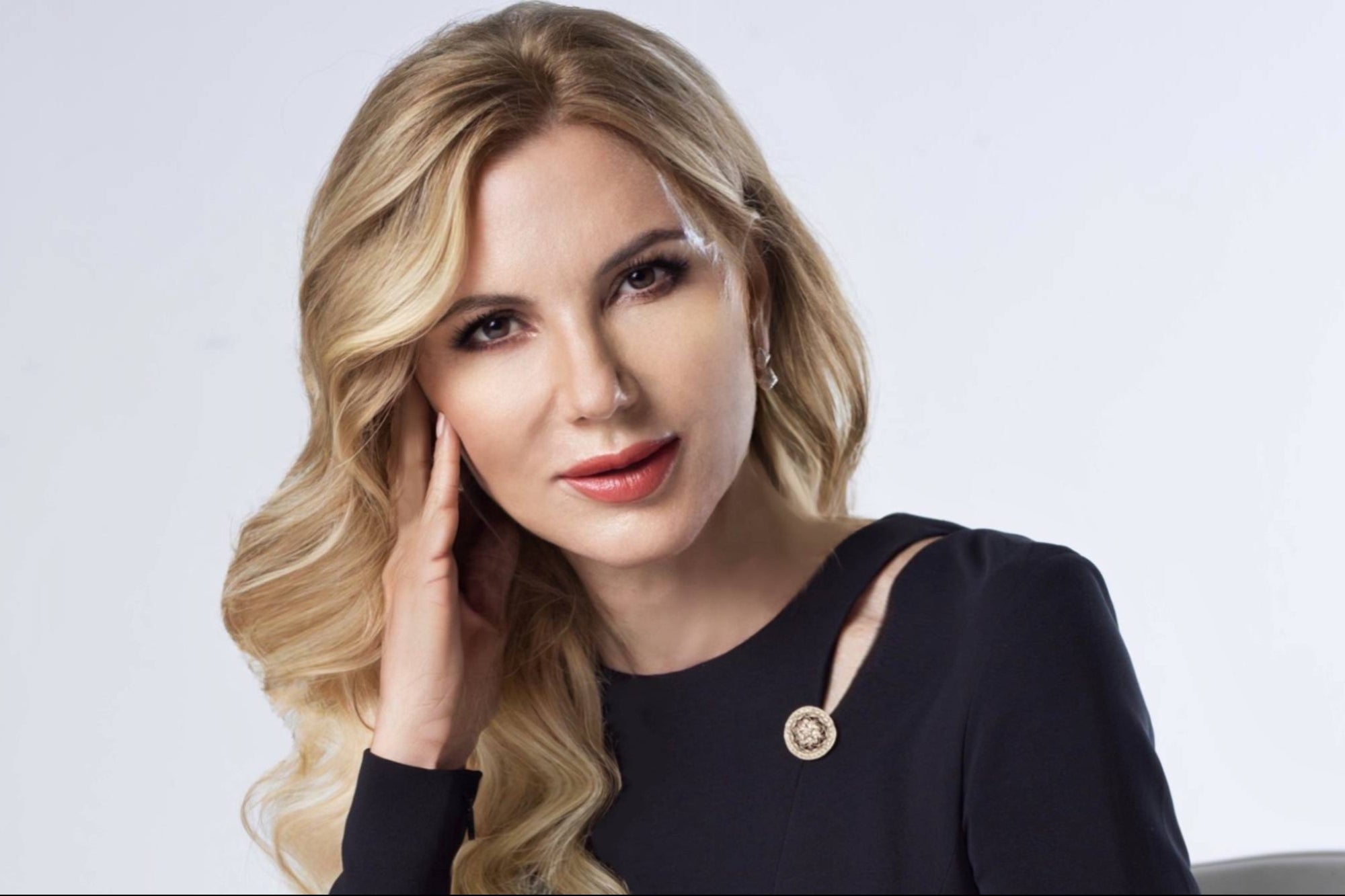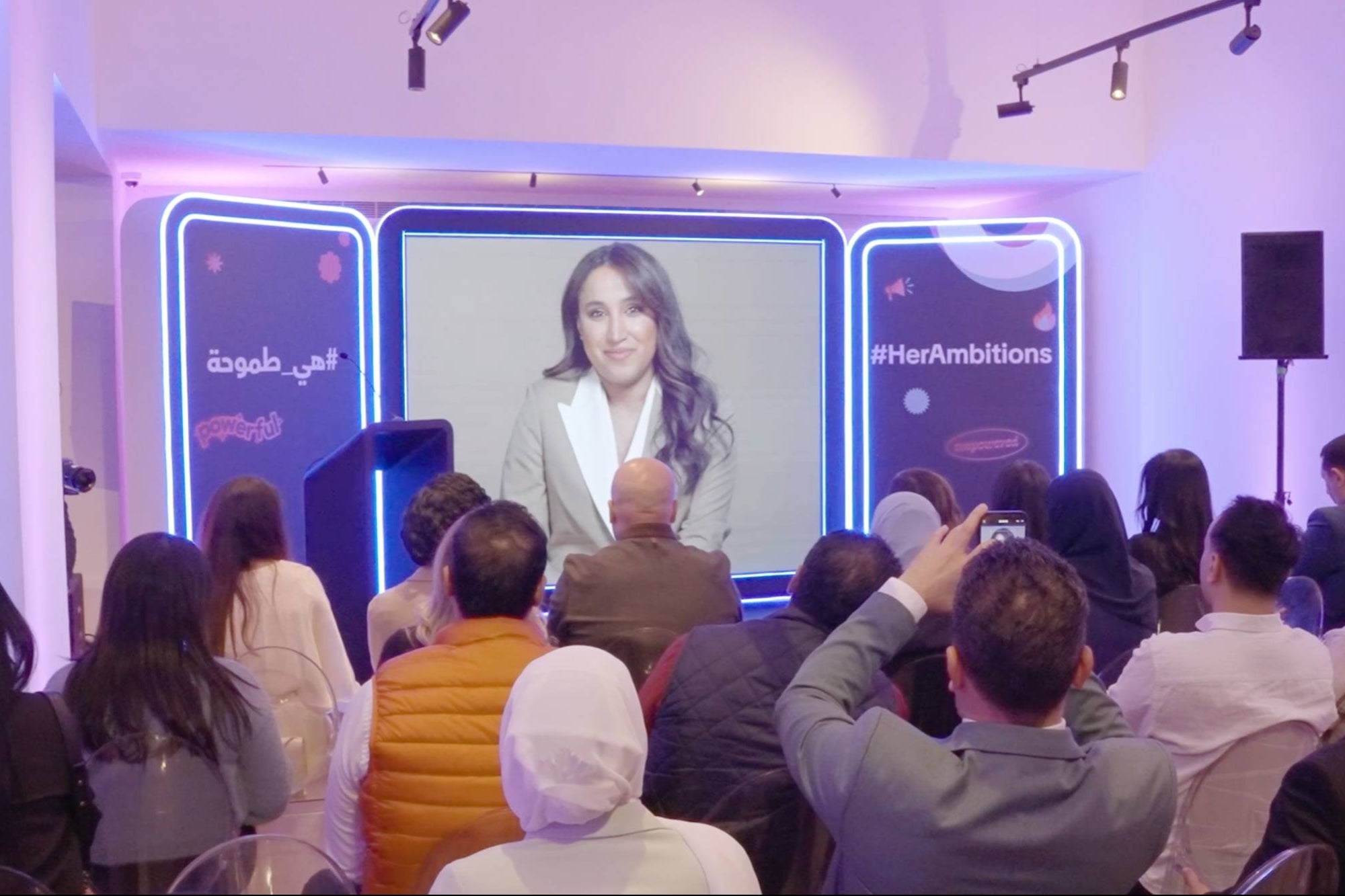Why Local Knowledge Matters: The Importance Of Contextual Intelligence For Your Business Contextual intelligence means learning new languages, cultures, religions and other idioms which help us to break down barriers and forge not just relationships which will be useful to business, but also friendships with locals.
By Alex Malouf
Opinions expressed by Entrepreneur contributors are their own.
You're reading Entrepreneur Middle East, an international franchise of Entrepreneur Media.

We all know of intelligence, and many of us will know about emotional intelligence. But how much do you know about contextual intelligence?
Put simply, contextual intelligence deals with the practical application of knowledge and information to real-world situations. So why does contextual intelligence matter? Simply put, we live in a complex region, made up of hundreds of nationalities, dozens of languages and countless traditions. In one place, the preferred greeting may be "As-Salam Alaikum." In another, it may be "Namaste." (Bonus points for those who know what both phrases mean.)
Contextual intelligence applies just as much to business as it does it to us as individuals. Conditions and circumstances differ enormously from place to place, in ways that aren't easy to codify or understand- conditions not just of economic development, but of character, physical geography, educational norms, language, and culture.
And that context matters. It can mean the difference between success and failure. Contextual intelligence helps businesses compete and survive by better understanding where the market gaps are, how to read between the lines when it comes to communicating with others, and even hiring the right individuals to help the business grow. Contextual intelligence includes issues to do with politics, culture and history, which we seldom talk about. It also helps us as individuals truly understand those we need to engage with, and it enables us to become part of a local community.
Related: Diversity Matters: Defining (And Developing) Your Cultural Quotient
These points are particularly apt when it comes to countries such as the UAE and Qatar, where the majority of residents are expatriates. Contextual intelligence means learning new languages, cultures, religions and other idioms which help us to break down barriers and forge not just relationships which will be useful to business, but also friendships with locals.
In a new market, a foreign region, and alien environment, the ability to understand the limits of our own knowledge and to adapt that knowledge to a new environment, different from the one in which it was developed, is key to success for both businesses and for individuals.
There are some obvious steps that one can take to acquire contextual intelligence are obvious, though they're neither simple nor cheap: hiring people who are "fluent" in multiple cultures, so called third culture persons; partnering with local companies; developing national talent; and taking the time to understand the nature and range of local differences when compared to your own culture.
My advice is simple: start with yourself. Learn the region's languages, meet the locals from across the region and learn of their cultures. The more effort and energy you put in to understanding how the region works, the more you and your business will benefit from what the Middle East has to offer in terms of economic opportunities. As guests, the region and its people will reward your efforts to build your own contextual intelligence.
Related: Four Industry Sectors That UAE Entrepreneurs (And Investors) Should Be Interested In











